Key takeaways from NABA’s Africa Outlook 2023 series
Throughout February NABA hosted a series of events for its annual Africa Outlook, examining the key trends shaping the economic and policy environment on the continent, and their implications for business.
These took place in Oslo on February 02, Helsinki on February 16, Stockholm on February 21, and Copenhagen on February 23, bringing together experts and commentators from the Nordics.
The series was hosted in collaboration with a broad range of partners, including DLA Piper, Standard Chartered Bank, Africa Finance Corporation (AFC), the Swedish-East African Chamber Of Commerce (SWEACC), Helios Investment Partners, the Confederation of Norwegian Industry (NHO), the Nordic DFIs (Norfund, Swedfund, Finnfund, and IFU), Dansk Industri, and Control Risks.
Here are some of the main takeaways and insights from the discussions.
Pictures from the Africa Outlook 2023 series
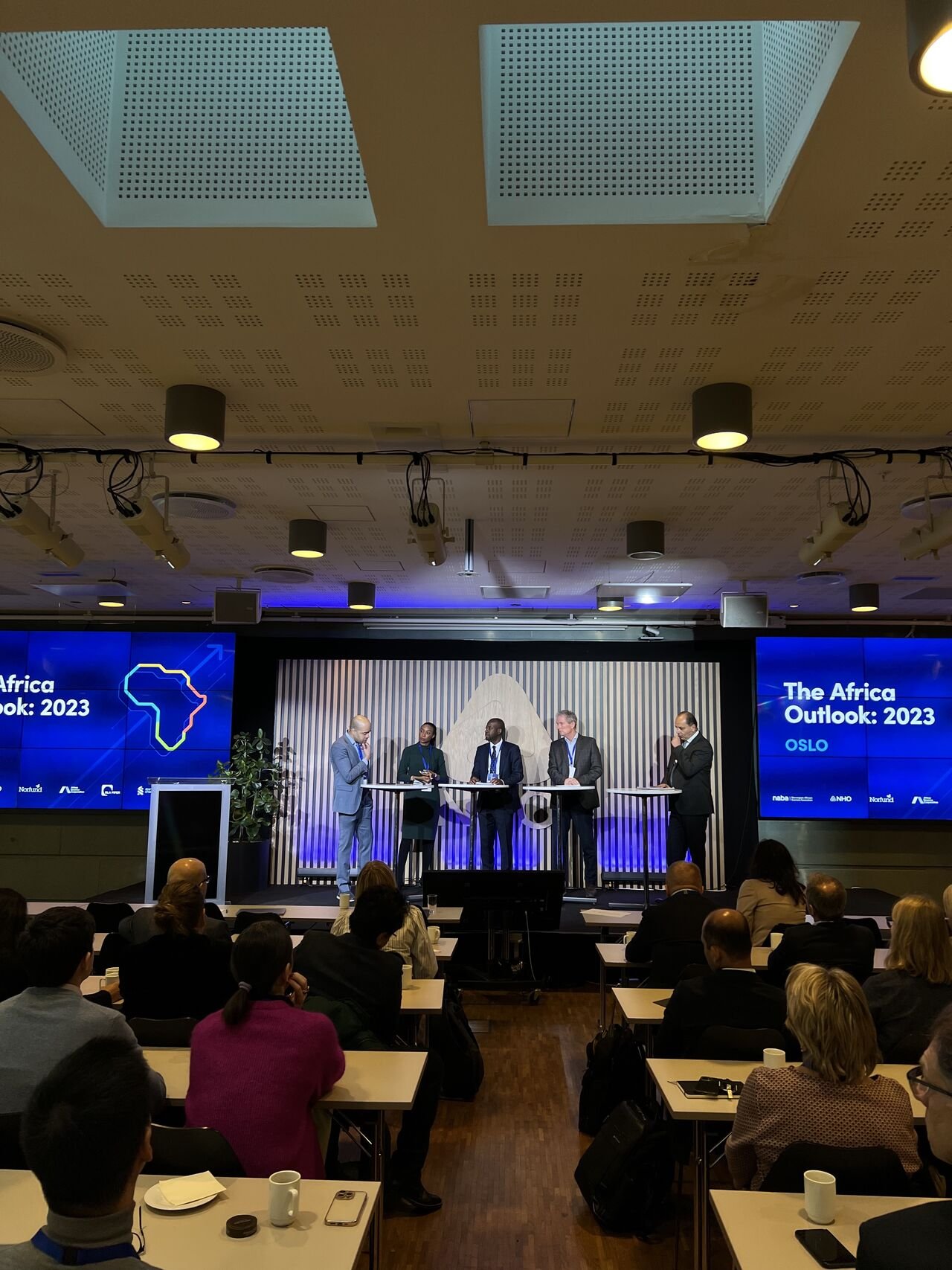
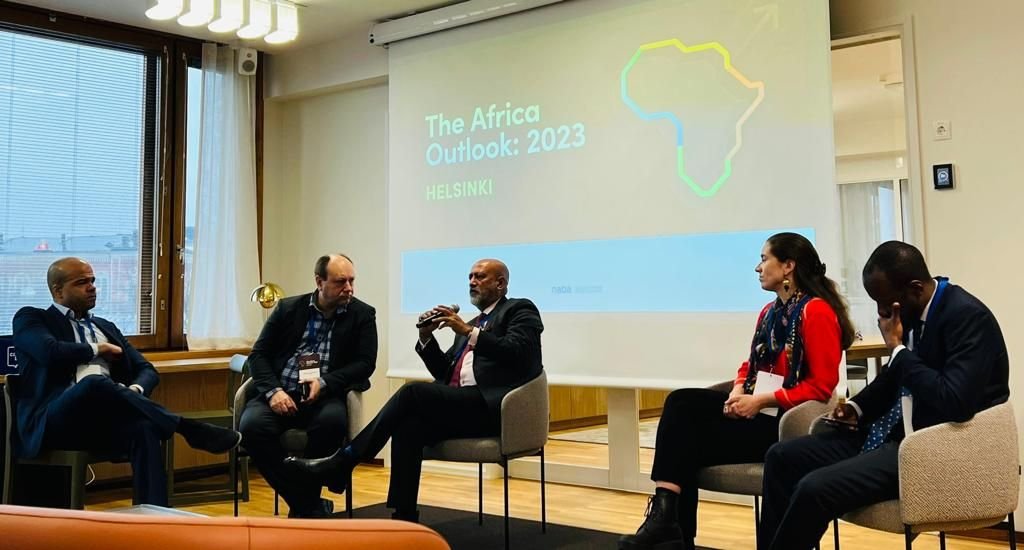
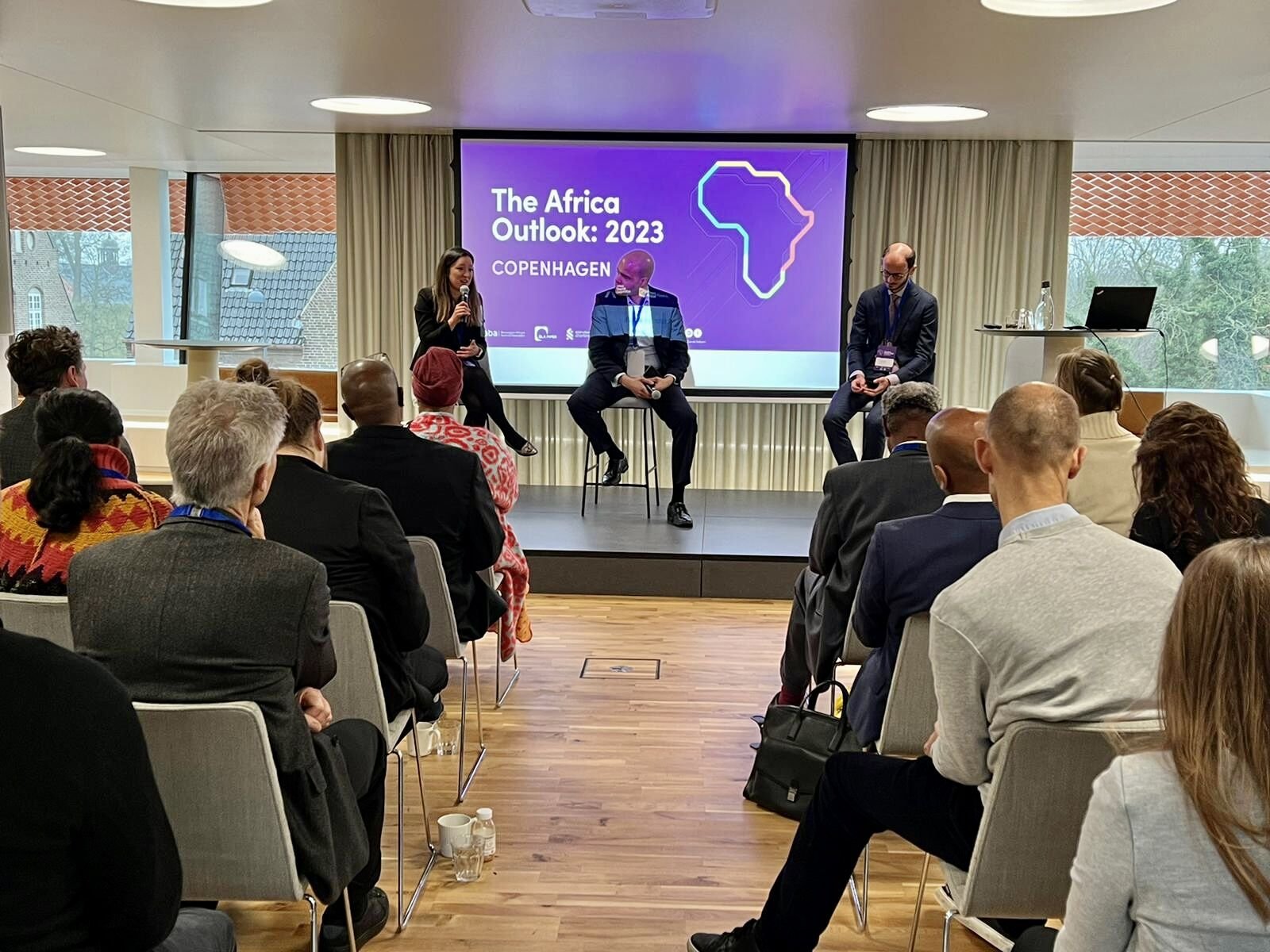
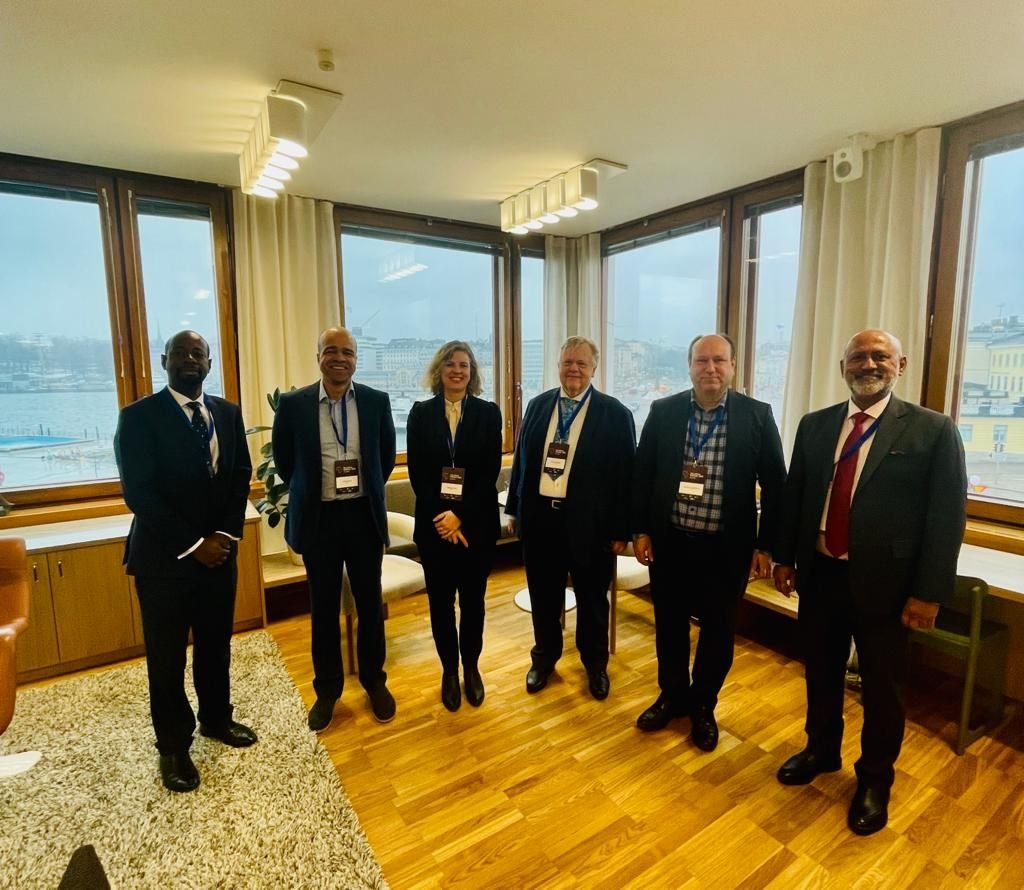
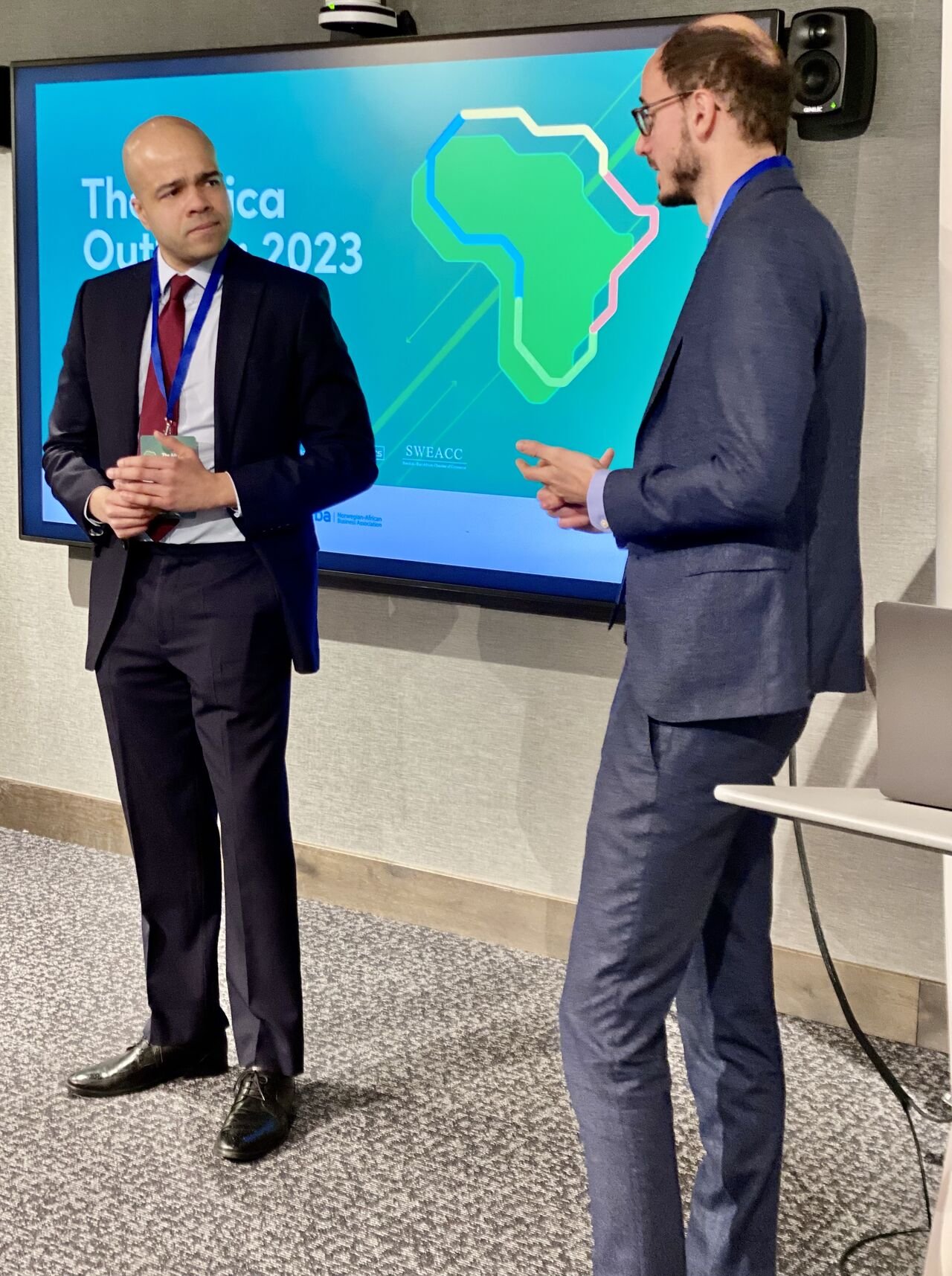
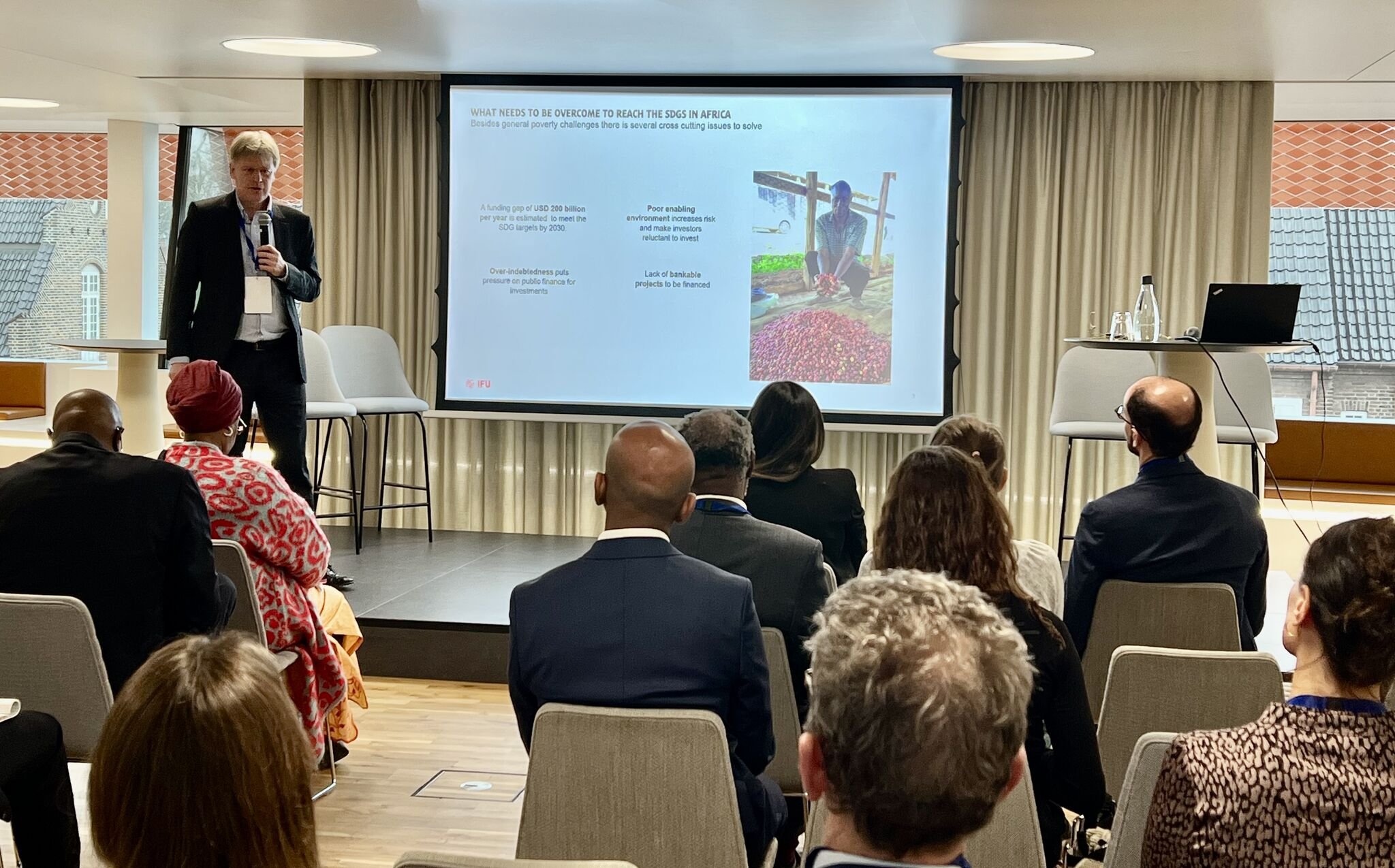
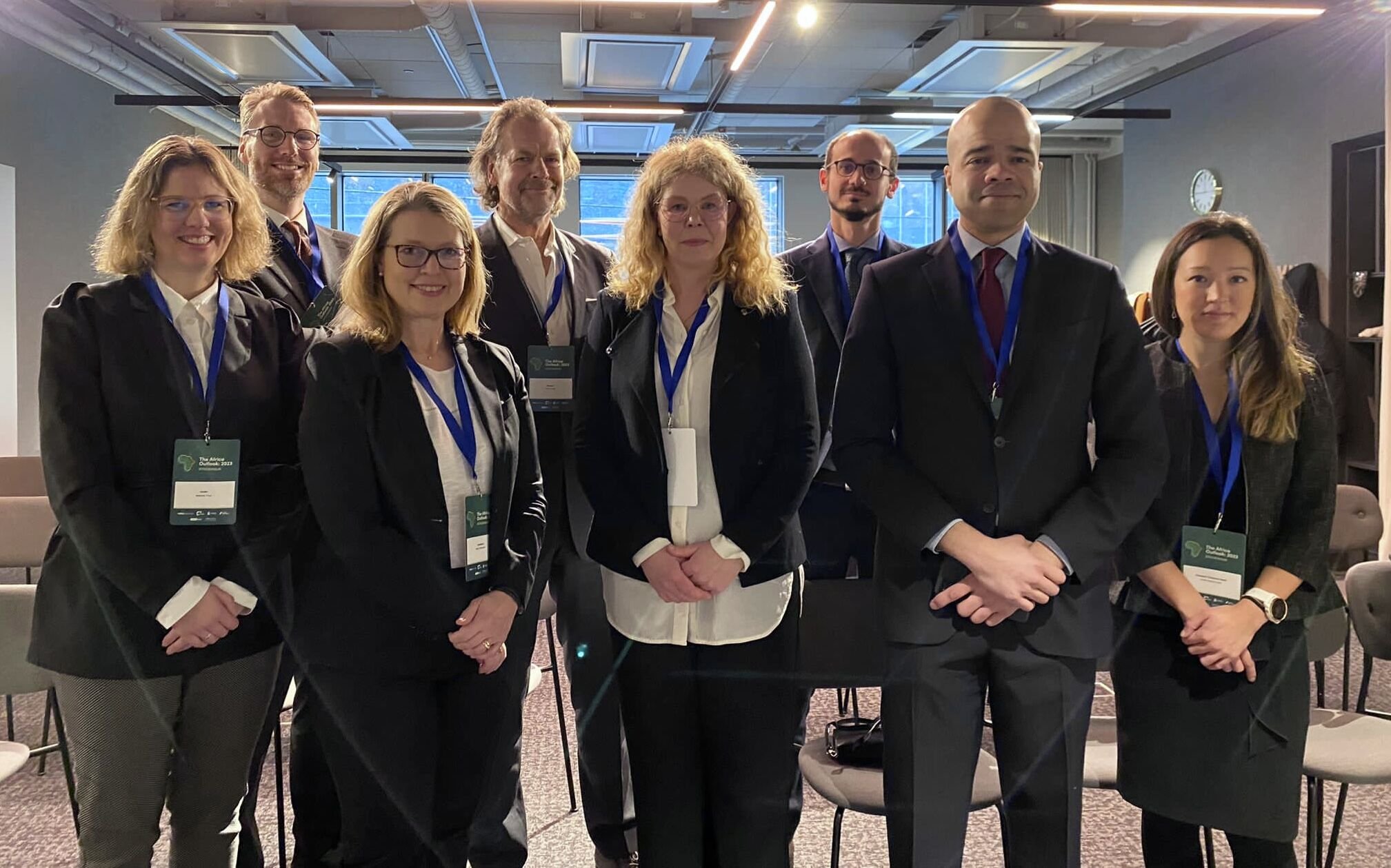
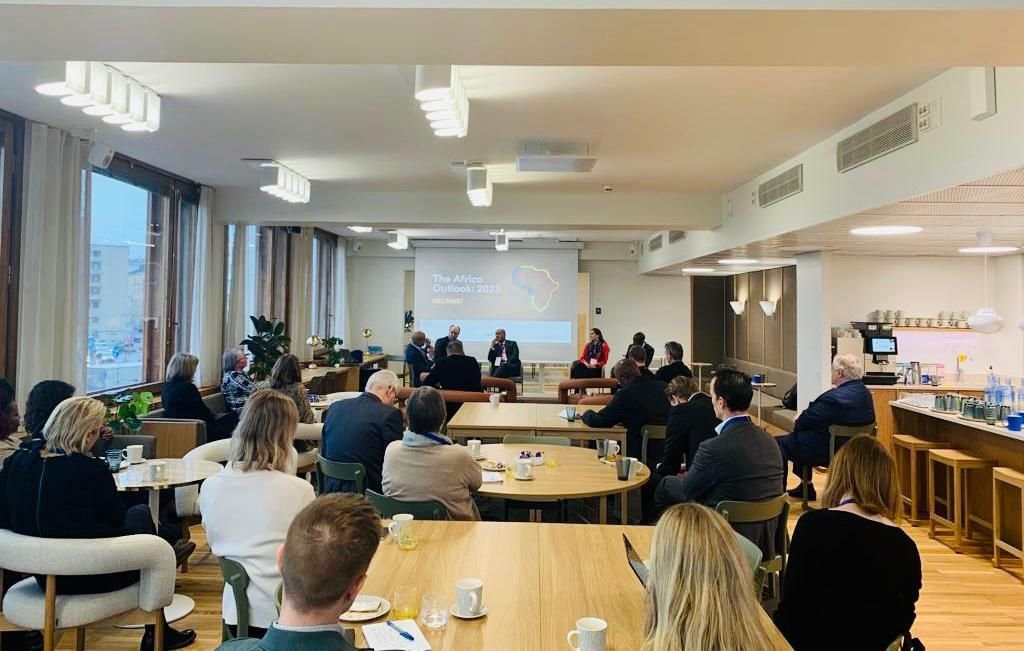

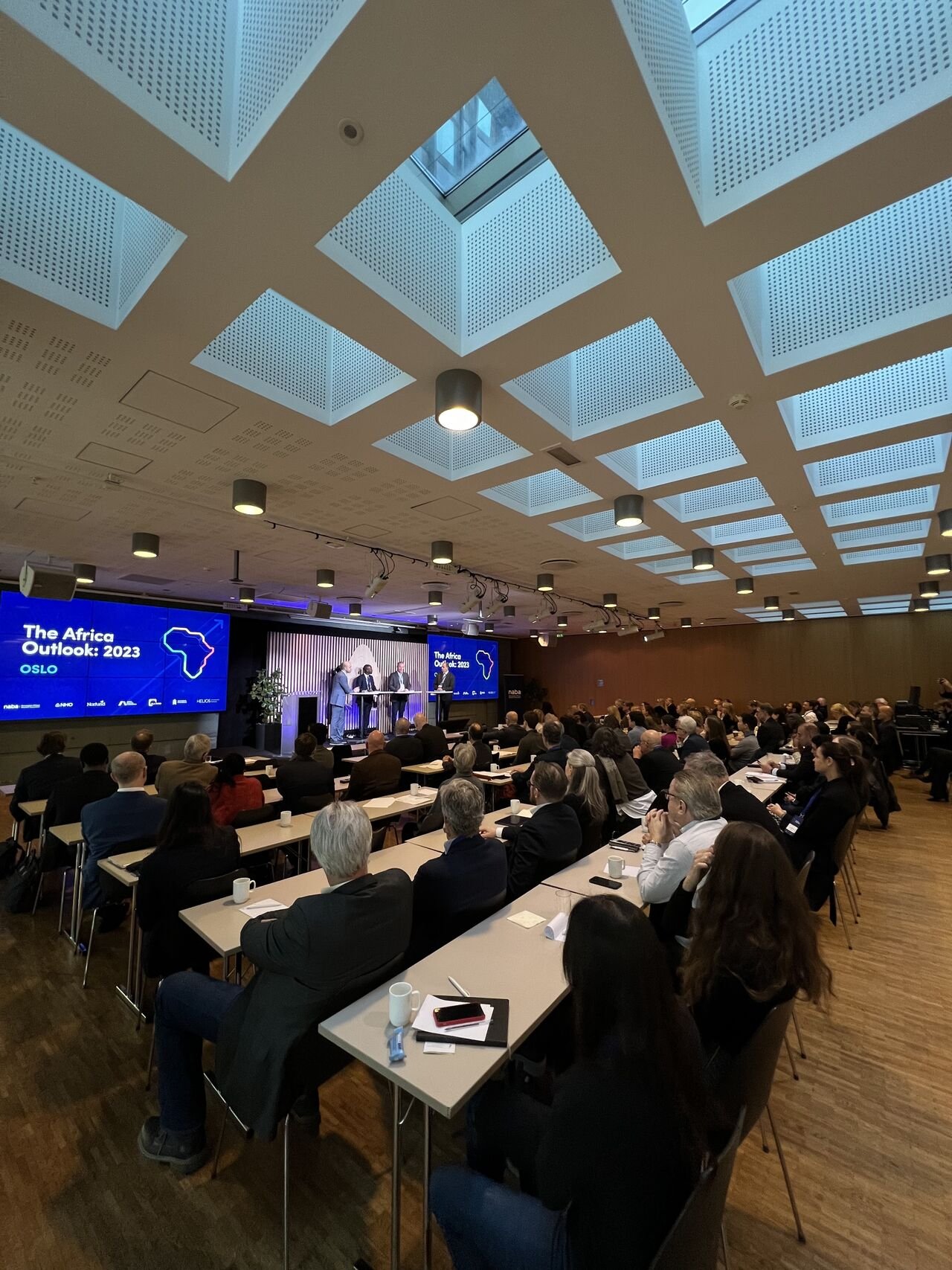
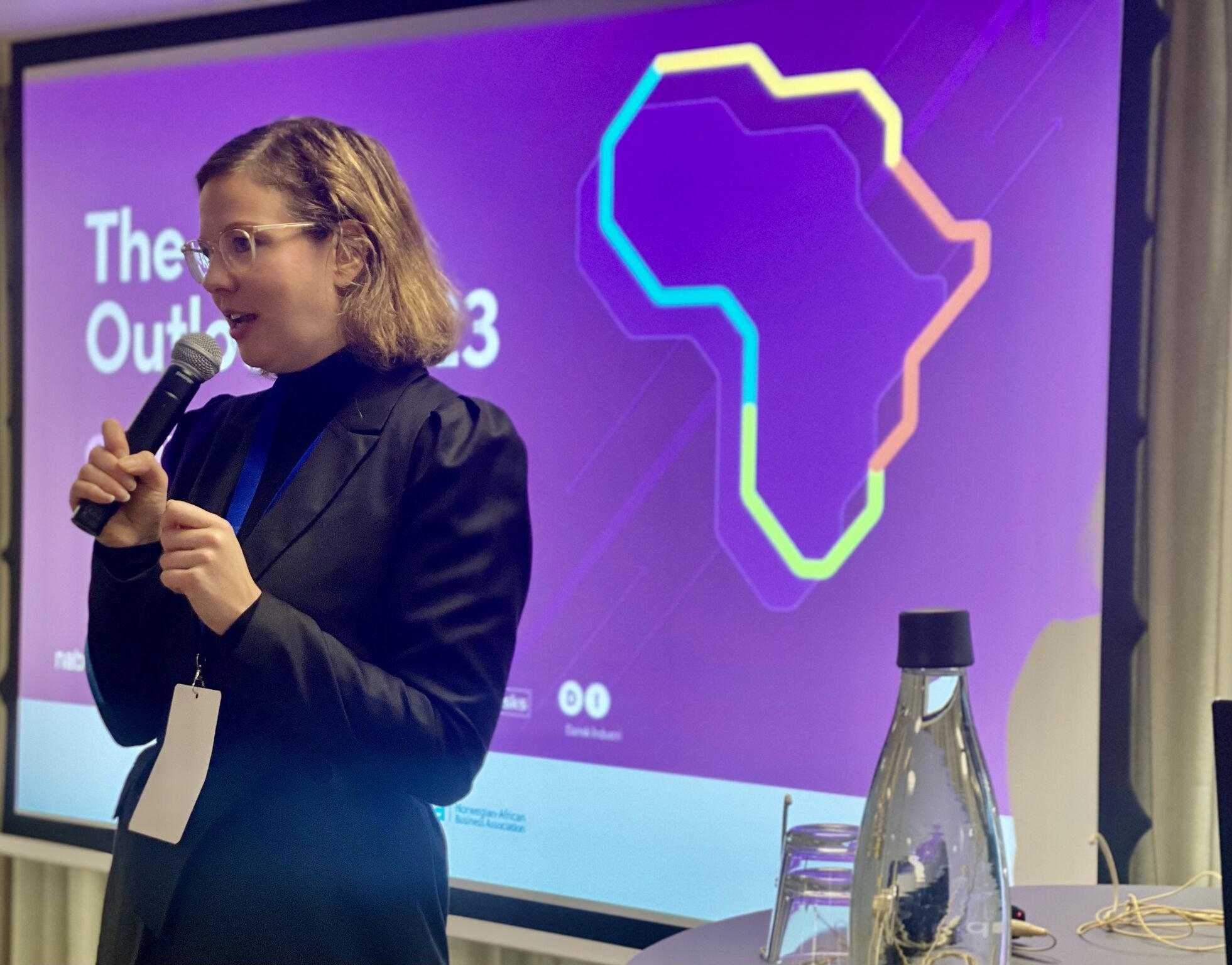
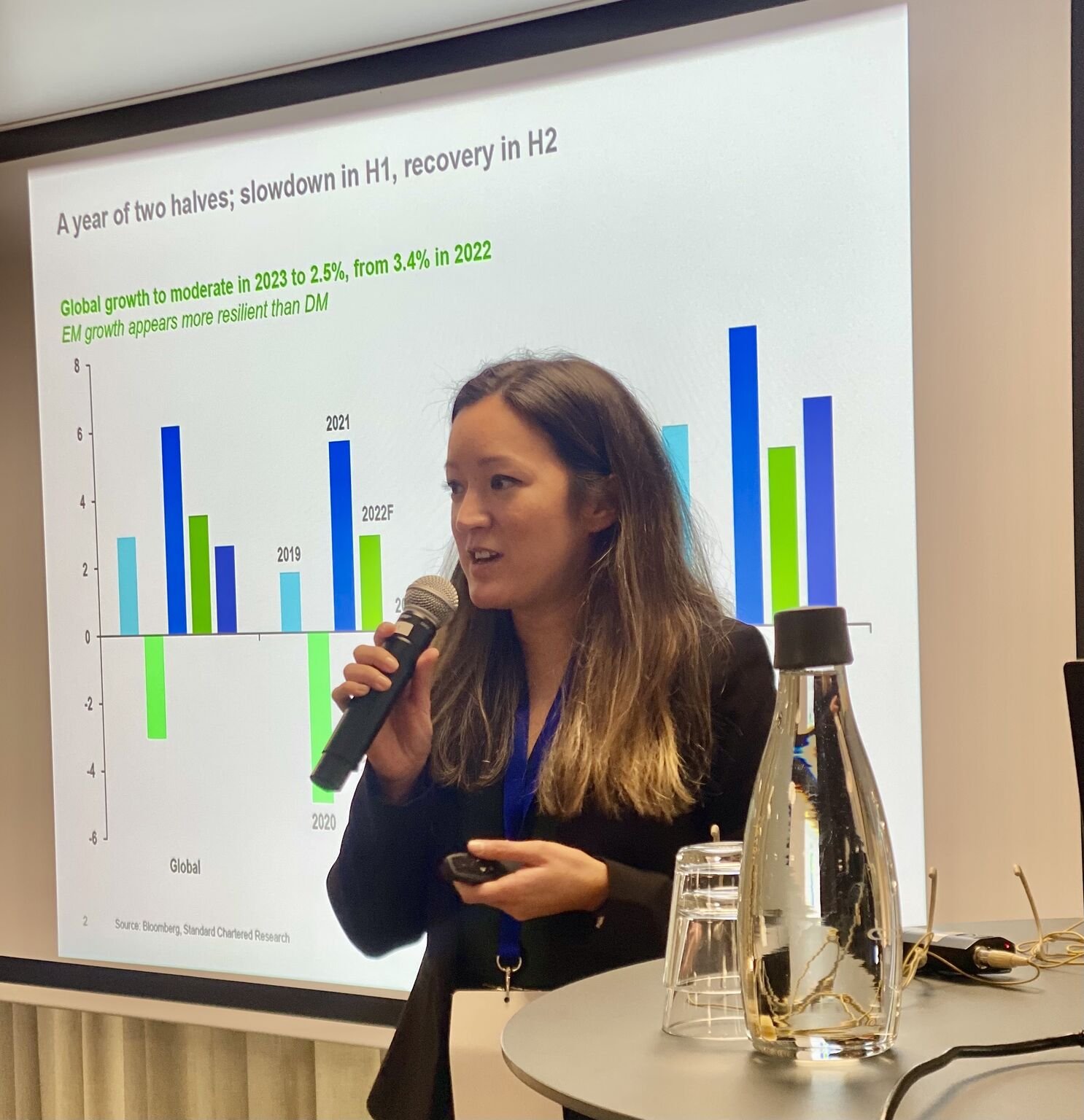
Here are some of the main takeaways and insights from the discussions:
A challenging economic outlook
Amid growing concerns about a potential global recession on the back of the economic disruption of 2022, and the impact of Russia’s invasion of Ukraine, African economies are facing a challenging macroeconomic picture in 2023.
Average growth is expected to hover between 3.6% to 4% for the region this year according to forecasts from the World Bank, International Monetary Fund (IMF), and African Development Bank (AfDB), a decrease from the rebound seen in 2021. This reflects downside risks from ongoing headwinds, with key areas including rising debt and debt restructuring efforts under the G20 Common Framework, tightening global financial conditions aimed at taming persistent inflation, high energy prices, and a more subdued outlook for foreign direct investment.
Accelerating and implementing reforms to shore up fiscal positions, and catalyze investment are key priorities for governments to mitigate such risks, and drive economic growth.
Energy
Hydrocarbon producers on the continent look set to gain as Europe steps up efforts to replace oil and gas supplies from Russia. Italy for example, recently announced a $8bn gas deal with Libya, and the likes of Germany are also looking to boost imports from the continent.
At the same time, the upheaval of energy markets in Europe is fueling momentum behind renewable energy development globally according to the International Energy Agency (IEA), which expects 2,400GW of capacity to be deployed worldwide by 2027, a significant increase on previous forecasts. With vast renewable potential, this trend represents a significant opportunity for African economies.
Security
With the French-led international effort to stem rising Islamist-linked militancy in the Sahel suffering severe setbacks over the last 12 months - Paris has all but wound up operations in the region - the risk of spillover into important coastal economies like Ghana, Côte d’Ivoire, and Nigeria, is becoming a growing concern. This is adding to pressure faced by the Economic Community of West African States (ECOWAS) to curb regional instability.
Other important security trends to watch include the implementation of Ethiopia’s November 2022 peace agreement to end the Tigray conflict, and efforts by the East African Community to tackle chronic instability in the eastern Democratic Republic of Congo.
Geopolitics
Africa is becoming a focal point of growing international geopolitical tensions, significantly accelerated by Russia’s invasion. High profile visits by representatives from major international powers, including U.S. Treasury Secretary Jannet Yellen, French President Emmanuel Macron, as well as the foreign ministers of China and Russia, are becoming a frequent occurrence. Navigating this increasingly complex landscape, and leveraging the interest African countries are receiving, is a key challenge for governments on the continent.
The Africa opportunity
Notwithstanding the challenging outlook many African economies face in 2023 - which is broadly in line with global economic uncertainty - discussions during the Africa Outlook also emphasized the opportunities for investment, growth, and development across the continent.
With its favourable demographics, and significant natural wealth, Africa has the potential to be a vital pillar of growth in uncertain times. With the right strategies, and effective collaboration, this can be harnessed to drive development, and turn the challenges of today into future opportunities.
NABA is committed to engaging with its members, partners, and wider network to foster the right connections to catalyze such collaboration.
We look forward to applying the analysis and insight gained from the Africa Outlook series to our activities in 2023 and beyond to drive mutually beneficial and sustainable business between Africa, Norway, and the Nordic region as we prepare for this year’s Nordic-African Business Summit in Oslo, on September 5th.
We thank all of our partners, speakers, and all those who attended in person and virtually during the series, for making the Africa Outlook 2023 a success.

